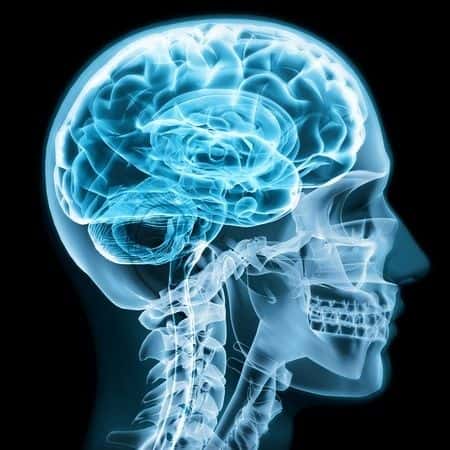This case involves patients who suffered complications following administration of a commonly used gastrointestinal treatment. The plaintiffs were collectively patients at an in-patient treatment facility for several months, during which time they were administered the drug regularly. Over time, the patients began to display symptoms of Tardive Dyskinesia, however these symptoms were not thoroughly investigated by the treatment facility staff. As a result, the patients continued to receive regular doses of the drug, causing severe and progressively worsening symptoms. As a result, many of the patients are now totally incapacitated and unable to work or live on their own.
Question(s) For Expert Witness
1. Do you have experience with tardive dyskinesia?
2. Have you ever come across a patient who suffered tardive dyskinesia while taking metoclopramide?
3. Have you ever reviewed a similar case in the past?
Expert Witness Response E-023994
I am an Adjunct Clinical Professor of Neurology with extensive experience in the diagnosis and treatment of tardive dyskinesia using both medication and neurotoxin interventions in an academic setting. I have seen a number of patients with tardive dyskinesias from the use of this drug. I ran the movement disorders and botulinum toxin injection clinics at Bellevue Hospital for 8 years and the movement clinic at the Manhattan VA for a year. Both sites have large populations of patients with psychiatric illness and hence movement practice there involves a particularly large number of patients with tardive dyskinesia. My academic subspecialties in neurology are movement disorders and behavioral neurology/neuropsychiatry. I have lectured on tardive dyskinesia to medical students, residents, and fellows. The focus is always on prevention and education that "typical antipsychotics" are hardly the only offenders. I include it in my core lecture on Movement Disorders, with illustrative videos, because its prevention is a not uncommonly a "missed opportunity," and it is a model of the role of dopamine in neuropsychiatric disorders.
About the author
Joseph O'Neill
Joe has extensive experience in online journalism and technical writing across a range of legal topics, including personal injury, meidcal malpractice, mass torts, consumer litigation, commercial litigation, and more. Joe spent close to six years working at Expert Institute, finishing up his role here as Director of Marketing. He has considerable knowledge across an array of legal topics pertaining to expert witnesses. Currently, Joe servces as Owner and Demand Generation Consultant at LightSail Consulting.



